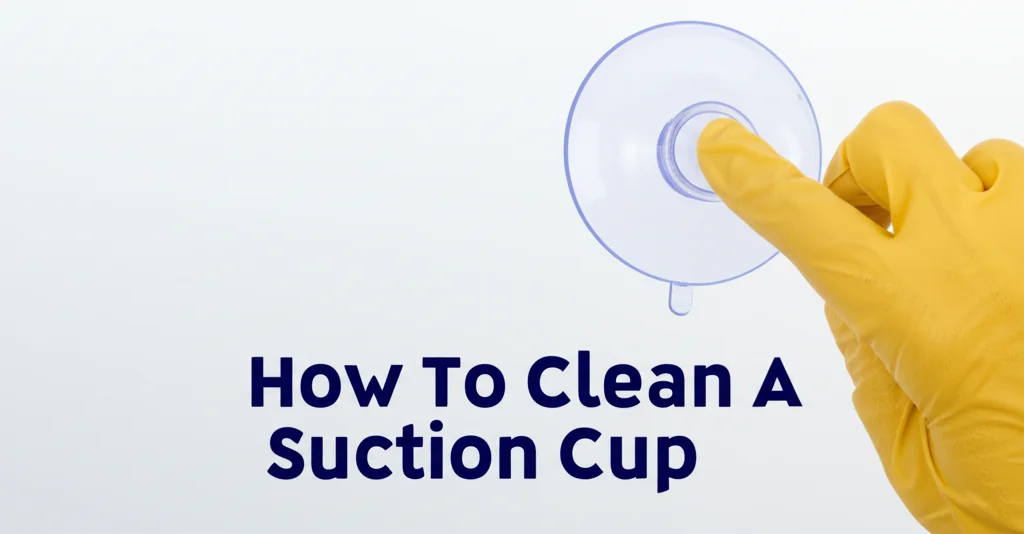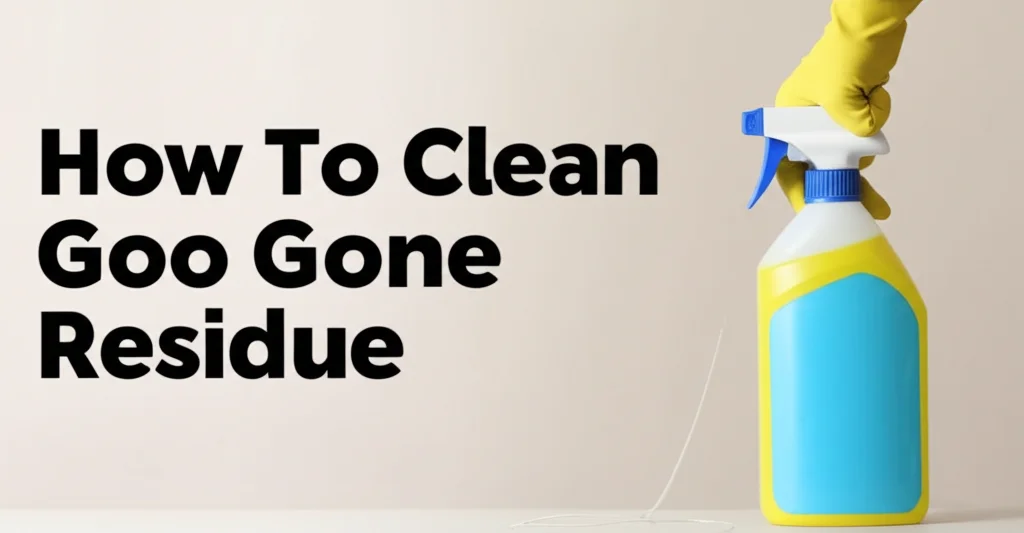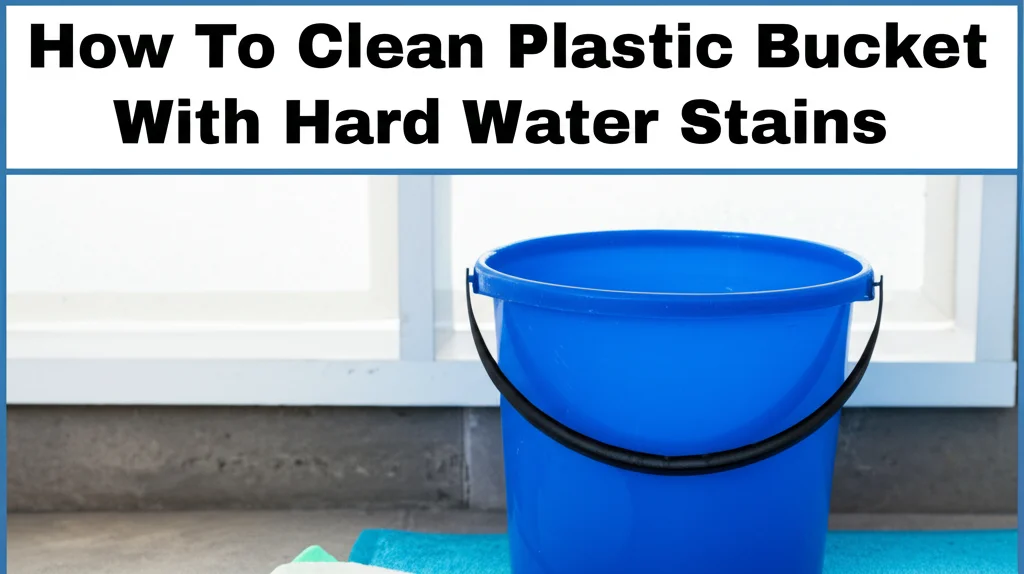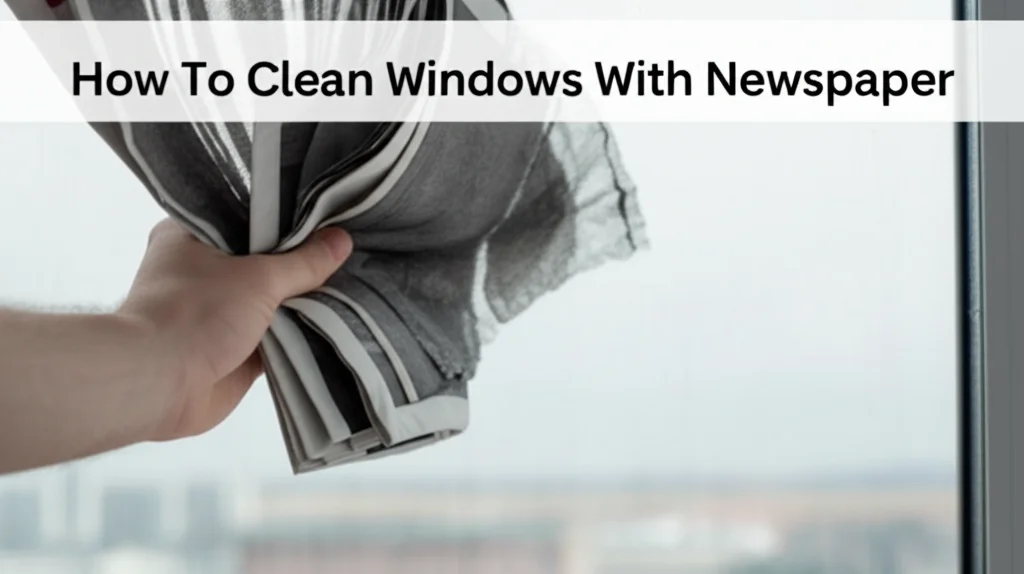· Cleaning Tips · 7 min read
How To Clean Grease Off Metal
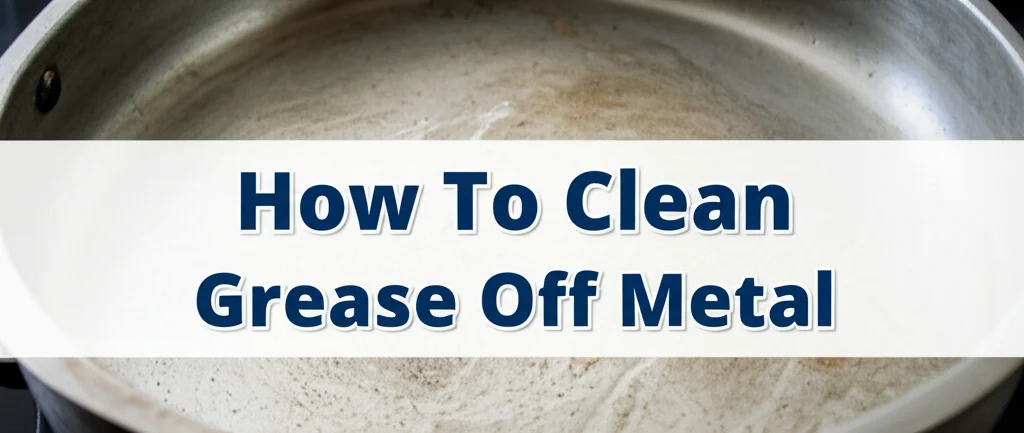
How to Clean Grease Off Metal: A Comprehensive Guide
Is grease making your metal surfaces look dull and dirty? You’re not alone! Dealing with grease on metal is a common challenge, whether it’s in the kitchen, garage, or workshop. This article will show you how to effectively clean grease off metal, restoring its shine and protecting it from further damage. We’ll cover everything from simple household solutions to more heavy-duty methods, ensuring you find the perfect approach for your specific needs. Let’s dive in and get your metal sparkling clean!
Quick Answer: To clean grease off metal, start by wiping away loose debris. Then, apply a degreasing agent like dish soap, baking soda paste, or a commercial degreaser. Let it sit for a few minutes, scrub gently, and rinse thoroughly with water. Dry completely to prevent rust.
Takeaway:
- Identify the metal type for the best cleaning approach.
- Always test cleaning solutions in an inconspicuous area first.
- Gentle scrubbing is often more effective than harsh abrasion.
- Thorough drying prevents rust and corrosion.
Understanding Grease and Metal Types
Before you start scrubbing, it’s important to understand what you’re dealing with. Grease is a complex mixture of oils and fats, and its stickiness makes it a pain to remove. Different metals react differently to cleaning agents, so knowing your metal is key.
- Stainless Steel: Durable and resistant to rust, but can show fingerprints and water spots.
- Aluminum: Lightweight and prone to corrosion if not protected. Avoid harsh abrasives.
- Cast Iron: Requires special care to prevent rust. Seasoning is important.
- Chrome: Prone to spotting and requires gentle cleaning to maintain its shine.
- Copper & Brass: Can tarnish and require polishing after cleaning.
Choosing the right cleaning method based on the metal type will prevent damage and ensure the best results. For example, using an abrasive cleaner on aluminum could scratch the surface, while a gentle approach is best for chrome.
The Power of Dish Soap and Hot Water
Sometimes, the simplest solutions are the most effective. For light grease buildup, dish soap and hot water can work wonders. This is a great starting point for many metal surfaces, especially stainless steel and chrome.
- Fill a basin or sink with hot water and add a generous amount of dish soap.
- Submerge the metal item (if possible) or apply the soapy water with a sponge or cloth.
- Let it soak for 5-10 minutes to loosen the grease.
- Gently scrub the surface with a soft sponge or cloth. Avoid abrasive scrubbers that can scratch.
- Rinse thoroughly with clean water and dry immediately with a clean towel.
This method is safe, readily available, and effective for everyday grease removal. You can find more information on general cleaning tips here.
Baking Soda: A Gentle Abrasive
Baking soda is a fantastic natural cleaner and a mild abrasive. It’s perfect for tackling more stubborn grease without damaging the metal. It’s particularly effective on stainless steel, aluminum, and chrome.
- Make a paste by mixing baking soda with a small amount of water. The consistency should be like a thick cream.
- Apply the paste to the greasy area and let it sit for 10-15 minutes.
- Gently scrub the surface with a soft cloth or sponge, using circular motions.
- Rinse thoroughly with water and dry completely.
Baking soda’s mild abrasiveness helps lift grease without scratching, making it a versatile cleaning option. If you’re dealing with residue from other cleaning products, check out this guide.
Commercial Degreasers: For Heavy-Duty Cleaning
When dealing with thick, baked-on grease, a commercial degreaser might be necessary. These products are specifically formulated to break down grease and oil.
- Choose the Right Degreaser: Look for a degreaser that is safe for the type of metal you’re cleaning. Some are specifically designed for automotive parts, while others are better for kitchen appliances.
- Follow the Instructions: Always read and follow the manufacturer’s instructions carefully.
- Ventilation: Ensure adequate ventilation when using commercial degreasers, as some can have strong fumes.
- Protective Gear: Wear gloves and eye protection to prevent skin and eye irritation.
Apply the degreaser to the greasy surface, let it sit for the recommended time, and then scrub and rinse thoroughly. Remember to test the degreaser in an inconspicuous area first to ensure it doesn’t damage the metal.
Vinegar: A Natural Acidic Solution
White vinegar is a surprisingly effective grease cutter, thanks to its acidic properties. It’s a great option for cleaning aluminum and stainless steel, but avoid using it on cast iron as it can cause rust.
- Mix equal parts white vinegar and water in a spray bottle.
- Spray the solution onto the greasy metal surface.
- Let it sit for 5-10 minutes.
- Wipe clean with a soft cloth or sponge.
- Rinse with water and dry thoroughly.
Vinegar is a natural and eco-friendly cleaning option that can tackle grease without harsh chemicals. If you’re looking for more natural cleaning solutions, you might find this article helpful.
Polishing for a Sparkling Finish
After cleaning, polishing can restore the shine to your metal surfaces. The type of polish you use will depend on the metal.
- Stainless Steel: Use a stainless steel polish to remove fingerprints and water spots.
- Aluminum: Use an aluminum polish to restore its shine and protect it from corrosion.
- Chrome: Use a chrome polish to maintain its bright, reflective finish.
- Copper & Brass: Use a copper or brass polish to remove tarnish and restore their luster.
Apply the polish according to the manufacturer’s instructions and buff with a clean, soft cloth. Polishing not only enhances the appearance of the metal but also provides a protective layer against future grease buildup.
Preventing Grease Buildup
Once you’ve cleaned your metal surfaces, take steps to prevent grease from building up again.
- Regular Cleaning: Wipe down surfaces regularly with a damp cloth and mild detergent.
- Protective Coatings: Consider applying a protective coating to prevent grease from sticking.
- Ventilation: Ensure good ventilation in areas where grease is likely to accumulate, such as the kitchen.
- Immediate Cleanup: Clean up spills and splatters immediately to prevent them from becoming hardened grease.
By following these tips, you can keep your metal surfaces looking clean and shiny for years to come. If you’re struggling with tough stains elsewhere in your home, you might find this resource useful.
Frequently Asked Questions
Q: Can I use steel wool to clean grease off metal?
A: While steel wool can remove grease, it can also scratch the metal surface, especially softer metals like aluminum and chrome. It’s best to use a soft cloth or sponge instead.
Q: How do I remove baked-on grease from a metal pan?
A: Fill the pan with hot water and add a few tablespoons of baking soda. Let it simmer on the stove for 15-20 minutes, then scrub with a non-abrasive sponge.
Q: Is it safe to mix vinegar and baking soda?
A: While they create a fizzing reaction, mixing vinegar and baking soda doesn’t create a dangerous gas. However, the reaction neutralizes both ingredients, reducing their cleaning power. It’s best to use them separately.
Q: How can I prevent rust on cast iron after cleaning?
A: After cleaning cast iron, dry it thoroughly and then season it with a thin layer of oil. This will protect it from rust and maintain its non-stick surface.
Conclusion
Cleaning grease off metal doesn’t have to be a daunting task. By understanding the type of metal you’re dealing with and choosing the right cleaning method, you can restore its shine and protect it from damage. From simple dish soap and hot water to powerful commercial degreasers, there’s a solution for every grease buildup. Remember to always test cleaning solutions in an inconspicuous area first and dry the metal thoroughly to prevent rust. With a little effort, you can keep your metal surfaces looking their best for years to come. So, go ahead and tackle that grease – your metal will thank you!

